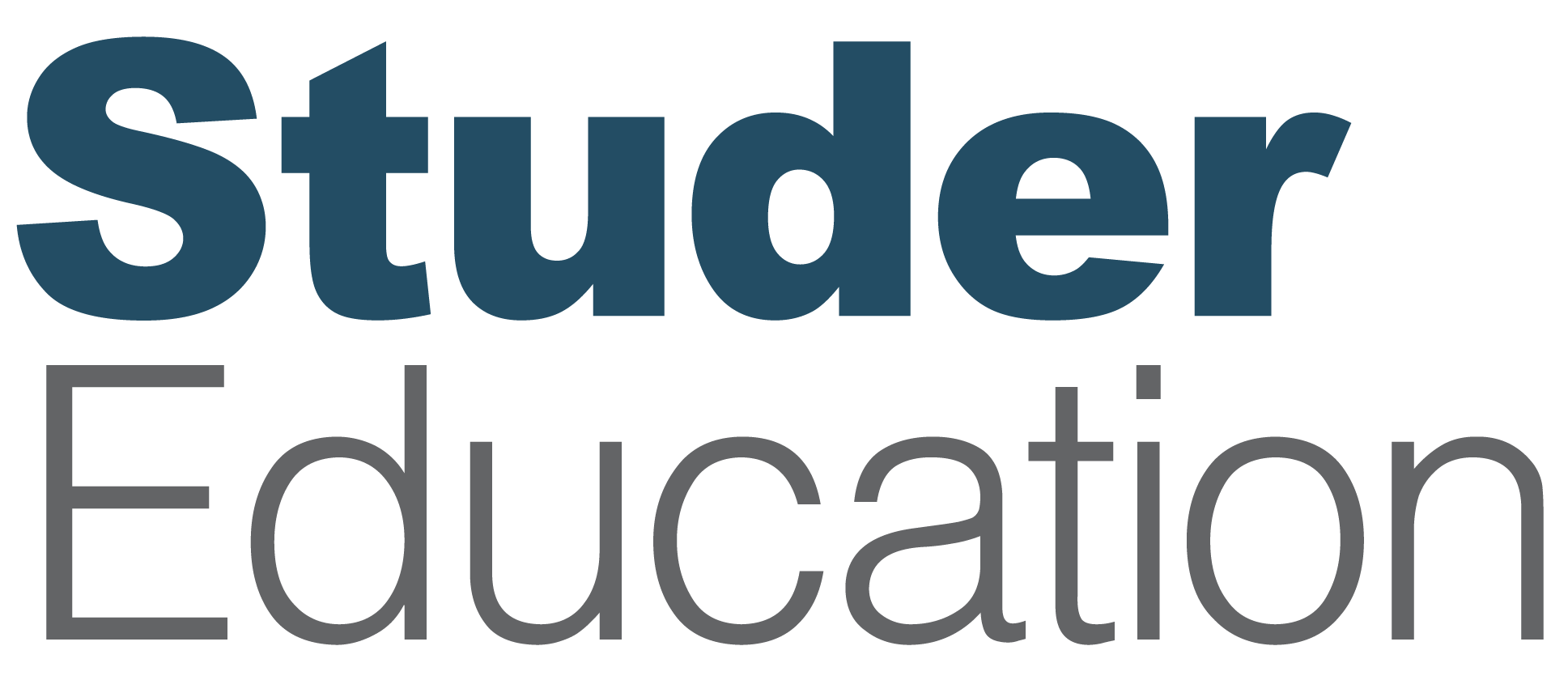
Rounding for Success: A Superintendent’s Journey from Skepticism to Impact
Dave Kline, Superintendent of the Colton School District in Oregon, shares an inspiring journey from skepticism to success with the implementation of rounding as a strategic leadership tool. Initially cautious, Kline embraced rounding, recognizing its transformative power beyond routine check-ins. During his breakout session at What’s Right in Education, Superintendent Kline emphasizes its role in continuous improvement, shaping it into a dynamic feedback tool that guides leaders toward actionable insights.
Rounding is all about building trust and relationships within your teams, schools, district, and in the community. It’s a way to promote transparency and create meaningful connections between. Superintendent Kline shows how rounding improved customer service, employee engagement, student experience, and communication in the Colton School District, proving its power to drive positive change.
Superintendent Kline’s experience serves as a guide for other districts. By incorporating rounding into their culture, districts can boost customer service, engage employees, and elevate student voices. His journey from skepticism to advocacy highlights the effectiveness of rounding in achieving success across teams, schools and districts.
KEY TAKEAWAYS
Think differently.
Rounding challenges traditional ideas by highlighting the power of open feedback and constructive dialogue. It encourages education leaders to see their roles as collaborative team members, fostering trust and improving relationships with both internal and external stakeholders.
Plan differently.
Superintendent Kline’s approach to rounding isn’t just a one-time survey; it’s a continuous, intentional process aligned with broader organizational goals. By integrating rounding into strategic planning, education leaders can break out of silos, gradually release control, and empower their teams, creating a more focused, collaborative, and efficient leadership structure.
Act differently.
Rounding isn’t just about asking questions; it’s about acting on the feedback. Whether with community members, staff, or students, rounding helps build trust, improve customer service, and enhance communication. It encourages leaders to actively engage and address concerns for continuous improvement.



